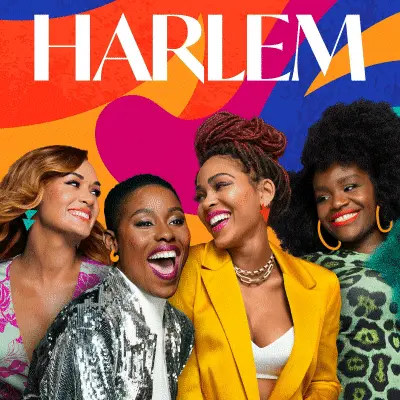Harlem's barbershop scene has generated social media controversy
-

The Tracy Oliver-created series "about four single Black women in the titular New York neighborhood tackles gentrification, homophobia, higher education, dating and a million other topics," says David Dennis Jr. "But I doubt even the show’s creators could have anticipated the social media firestorm one 45-second scene created. The scene in episode three features one of the main characters, a queer masc woman named Tye, who is in a Black barbershop for a haircut. One of the barbers, a Black man, goes on an explicit rant about a sexual experience with a woman. Tye asks her barber to tell the other barber to watch his language. To which the foul-mouthed barber responds with, 'Maybe the lady shouldn’t try so hard to look like a dude.' The scene has been polarizing, to say the least. Some see it as an attack on a beloved pillar of the Black community, and others see it as a way to shed light on the homophobia and misogyny in supposed safe spaces. The answer is somewhere in the middle and requires a bit more nuance than social media debates tend to provide. Two things can be true about that barbershop scene and what it means: The scene can be poorly written and badly executed, and it can be a valid attempt at getting to the truth that many folks have experienced in barbershops. It’s disingenuous for men to act as though barbershops have always been the safe spaces they’ve aimed to become in recent years. If you were raised going to barbershops, then you’ve undoubtedly encountered men spouting misogyny or homophobia, sometimes in front of women and queer folks. Ask anyone who isn’t a straight male and there’s a story of — at best — discomfort in a barbershop. At worst, the toxicity in such places has been a source of trauma. But the problem with the Harlem scene is that it doesn’t reflect the way barbershops operate in their present incarnations. Barbershops have changed in recent years, especially as they have become more lucrative." ALSO: Tracy Oliver and Jerrie Johnson discuss why Tye's fibroid story is a "pressing issue in the Black community."
TOPICS: Harlem, Prime Video, Jerrie Johnson, Tracy Oliver
